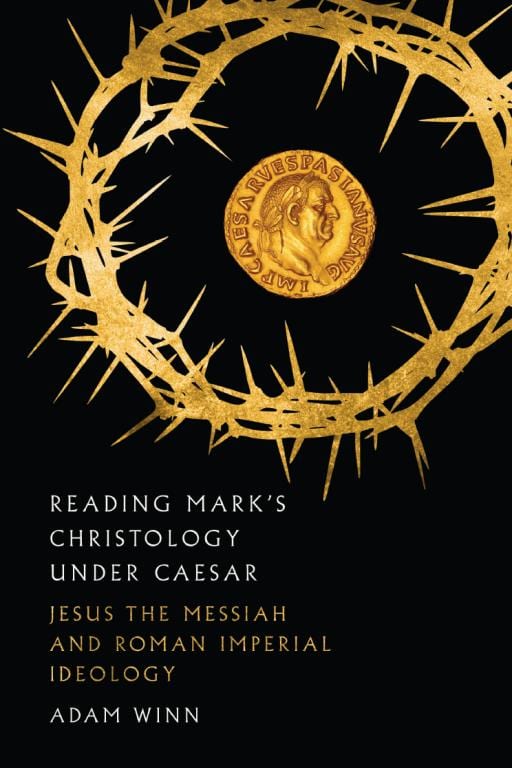
In the first part, I summarized the book and talked about the positive features of this fascinating book. Here I offer critical comments.
I mentioned before that Winn’s book is a deductive study—applying a hypothesis to the text and pointing out proofs or evidence in favor of his theory (namely that Mark’s Gospel was written to counter Vespasian’s claims to supremacy). Winn assembles many different types of evidence in favor of his theory. But, in my opinion, this doesn’t raise the level of his theory to probability, only possibilty. Here are some of the obstacles as I see it.
More primary Vespasian material. The part of the book that captured my attention most was material that demonstrated “Vespasian’s claim to be the true fulfillment of Jewish messianic prophecies and expectations” (45). Here he quotes brief snippets from Josephus, Tacitus, and Suetonius (pp. 45-46). I think Winn needed to really expand this into perhaps even a whole chapter. The more he could tie all of this directly to Judaism and Jewish thought, the better he could establish his case.
Beyond connections/parallels. It is common in anti-imperial readings of the NT to point out parallels or connections to support the case. But the perennial issue is, why does Mark not speak more directly against Vespasian? It is easy to find all kinds of parallels and resonances with imperial ideology – where do you draw the line?
Methodology. This is often ground on which many arguments are broken. When connections are detected, the question is why such parallels are there and what they are meant to mean in terms of interpretation. Is Mark anti-imperial at the whole-composition level? That is, is it a main reason why the Gospel was written? How do you know? When it is on a passage-level, is it a clever rhetorical device, an intentional criticism that has a point, is it a non-political parody? And, again, how do you know?
I think, for me, this “anti-Caesar” approach to Mark must address convincingly why Mark is not more explicit about this. Just as Paul is not explicit about any of this either.
That being said, Winn has come closer than most in arguing in favor of an anti-imperial approach to Mark, thanks to his historical spade-work. Again, I think you can “enjoy” a book without finding it completely convincing. Read it!















